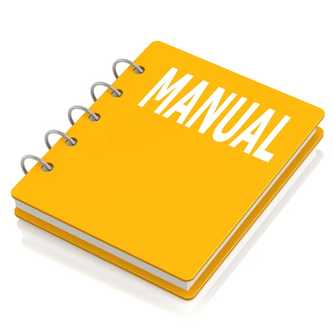Restricted Party Screening Home and FAQs
What is Restricted Party Screening (RPS)?
Restricted Party Screening (RPS) is the process of checking if a potential collaborator is named in one or more of the federal lists of sanctioned or restricted entities prior to engagement. Caltech uses a third-party software called Visual Compliance to simultaneously screen a given name against dozens of federal lists at once to ensure compliance with the applicable restrictions.
Click here for more information on how Restricted Party status affects the ability to engage with a potential collaborator.
Click here for instructions on how to gain access to Visual Compliance to run RPS.
Frequently Asked Questions
Yes, there are sanctioned U.S. persons and entities we need to screen for.
The Entity List was initially published by BIS in February 1997 as part of its efforts to inform the public of entities that have engaged in activities that could result in an increased risk of the diversion of exported, reexported or transferred (in-country) items to weapons of mass destruction (WMD) programs. Since its initial publication, however, grounds for inclusion on the Entity List have expanded to activities sanctioned by other agencies such as the State Department and Treasury that involve activities contrary to U.S. national security and/or foreign policy interests.
You should check the Entity List because exports, reexports, and/or transfers (in-country) to those persons named on the Entity List are subject to licensing requirements and policies. BIS recommends that "exporters screen the parties to transactions against the Entity List as a standard part of pre-transaction due diligence activities. Failure to conduct due diligence could result in criminal and/or civil penalties."
Yes.
Yes.
While some activities are allowed, BIS considers that "transactions of any nature with listed entities carry a "red flag" and recommends that U.S. universities proceed with caution with respect to such transactions."
Information resulting from fundamental research is not subject to the EAR. However, it is recommended that you seek OEC's guidance to review whether your collaboration remains limited to "fundamental research" activities, as defined in the regulations, and whether it will be subject to the Entity List's licensing requirements and policies.
Employees of persons on the Entity List are subject to the licensing requirements and policies specific to their employer. Therefore, in the case of universities on the Entity List, employees of the universities are subject to the same licensing policy and requirements that the universities are. This also applies to officers, trustees, and other persons in a similar position with the university. Please seek OEC review.
In some instances, yes. However, BIS considers "previous employment at any organization on the Entity List a "red flag" and recommends an additional level of due diligence before proceeding with the hiring process."
It depends on what you want to donate, whether the donation requires a license for the export, reexport, or transfer of that item to the university (as specified in the Entity List), and whether BIS approves your license application.
In addition to the Departments of Commerce, the State, and Treasury maintain separate lists for the programs each agency administers because these programs have different purposes and are regulated under different authorities.
Their lists should also be consulted before exporting, reexporting, transferring item(s), or financial transactions. These lists include the Specially Designated Nationals and Blocked Persons (SDN) List, the Debarred List, and the lists of persons subject to Nonproliferation Sanctions.
A consolidated version of all of the U.S. Government proscribed parties lists is available here.
Please contact Adilia F. Koch, Director Office of Export Compliance, [email protected], if you anticipate your collaboration will involve an entity of concern or a restricted party. If you wish to screen multiple parties (batch screening) or you help to review a screening result, please send an email to [email protected] or (626) 395-2641.

